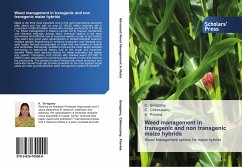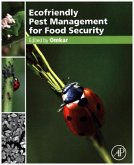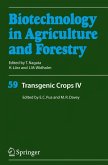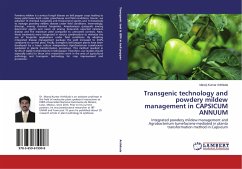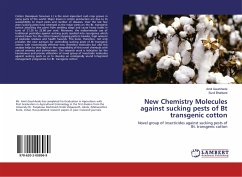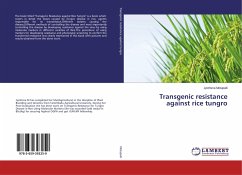Maize is the third most important crop in the world agricultural economy after wheat and rice with an area of 168.26 million hectares with a production of 854.59 million tonnes with average productivity of 5120 kg / ha. Weed management in maize is carried out by manual, mechanical and chemical methods, among which chemical method is the most economical and effective tool to suppress weeds in order to get healthy crop stand and good yield. Advancement in biotechnological research enables genetic engineering to enhance production and minimize crop yield losses through development of crops that are tolerant to insects and herbicides. Genetically modified crops are the most rapidly adopted technology in agricultural history due to the social and economic benefits. Major yield reducing factors for maize cultivation are weeds and insects. Transgenic corn hybrids with stacked event (TC1507 X NK603) were developed for preventing yield losses of corn and improve the productivity. The stacked product having both insect protection and herbicide tolerant traits will provide protection to the crop against target pests and also provide effective weed management system to farmers.

